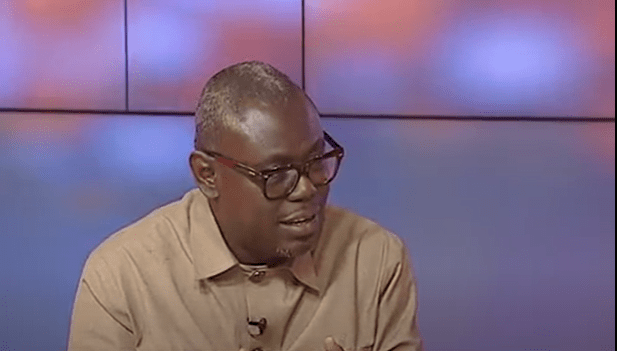Organised Labour has firmly countered claims suggesting that its leadership was financially swayed by the government, leading to the recent cancellation of a national strike slated for October 10. This strike was planned as a demonstration against the government’s sluggish response to illegal mining activities, commonly referred to as “galamsey.” Critics of Organised Labour alleged that the union accepted bribes to call off the strike, a charge that members of the organisation have vigorously denied. King Ali Awudu, the president of the Coalition of Concern Teachers (CCT) and a prominent figure within Organised Labour, has labeled these accusations as unfounded and misleading.
Awudu articulated that the real focus of Organised Labour has been on driving tangible outcomes through constructive dialogue with the government. He noted that the union’s negotiation efforts had already resulted in identifiable progress, compelling the government to take necessary actions regarding the illegal mining crisis. Notably, within just one month of discussions, the government indicated its commitment to revoking the Legislative Instrument (LI) that presently permits mining operations in forest reserves—a significant victory for Organised Labour. This claim of productive negotiation stands in contrast to the government’s historically minimal response to similar appeals from other organizations prior to Organised Labour’s involvement.
Highlighting the ineffectiveness of protests by other organizations, Awudu pointed out that groups such as the Ghana Academy of Arts and Sciences had previously communicated their concerns about illegal mining to the government without resulting to substantial engagement. Despite their persistent appeals since December 2023, including calls to rescind the legislative framework enabling such mining activities, their concerns were largely ignored by the governing body.
In its stance, Organised Labour is confident that its efforts have borne fruit. Awudu emphasized the ameliorative changes accomplished notably within a month of their initiatives as evidence of the effectiveness of negotiation over threats of strikes or protests. This imminent revocation of the LI reflects Organised Labour’s strategic approach and its preference for diplomacy over disruption, reinforcing their belief that continued engagement with the government can yield results that benefit the public interest.
Awudu’s statement also logically rebuffs any insinuation that financial incentives were a factor in the decision-making process surrounding the cancellation of the strike. He highlighted the idea that when dissenting opinions arise, especially in the political landscape, it is often easier for some critics to leap to conclusions about bribery or corruption. This points to a broader issue of trust and credibility in leadership, particularly when dealing with sensitive issues such as illegal mining and its ramifications on the environment and communities.
Conclusively, the leadership of Organised Labour remains steadfast in its mission to advocate for significant structural changes regarding illegal mining in Ghana. Their recent success in prompting a government response evidences the potency of collective action through negotiation rather than confrontation. Awudu’s remarks serve as a reminder that persistent, constructive dialogue can lead to actionable commitments, and the decision to cancel the strike will ultimately allow for continued negotiations that could yield further positive developments for the communities affected by illegal mining practices.


